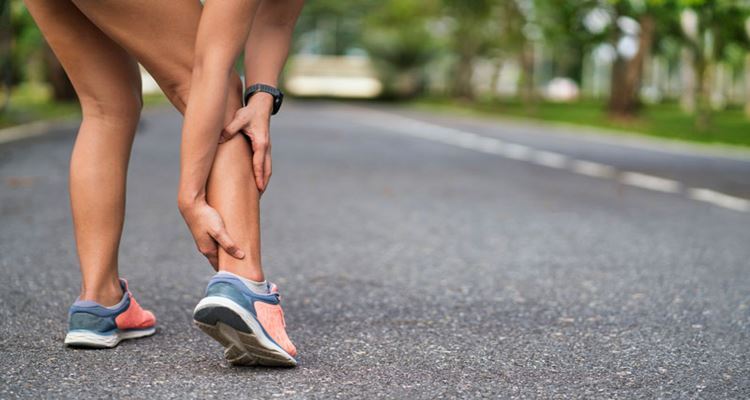WHAT CAUSES MUSCLE CRAMPS – Certain factors may lead to muscle cramps and here are the main causes of this.
Muscle cramps are very common. It is a sudden and involuntary contraction that can cause severe pain. It is harmless and the pain will just go away. Here are some of the main causes of this condition.
Muscle Cramps – What Causes Muscle Cramps and Its Treatment?
This is what muscle cramps mean and some treatments available for this.
MUSCLE CRAMPS – Here’s a definition of muscle cramps including the factors that can cause this and the appropriate methods and ways to treat this condition.
Usually, a muscle cramp is a condition that’s not something one should be most concerned about but most of the time, if not all the time, it is terribly and awfully painful.

Dr. William Ondo, a neurologist at Houston Methodist says that it is “fairly a common condition”. He specializes in movement disorders and according to him, this can occur in any part of the body but is more common in the legs and feet.
For sure, all of us have already experienced waking up in the middle of our sleep late at night because of the pain that just exploded in our legs. These are leg cramps.
But despite how common and not so serious this occurrence is, it remains not just something to be brushed off easily. It actually tells something about our health especially if this is being accompanied by another kind of symptom.
Dr. Ondo, based on the post, warned, “While not the most common cause, muscle cramps can even be the result of a neurological issue.”
What causes this?
The neurologist described the pain as “essentially a chaotic, spontaneous muscle contraction”.
And the following factors below are the possible causes based on the post:
- Initiation of new exercise
- Dehydration
- Electrolyte imbalance
- Aging
- Inactivity
- Diabetes
- Pregnancy
- Certain medications, most notably diuretics and statins
It can happen in two situations: when muscles are relaxed especially at night or during or after exercise.
There are no specific causes of this but there are some ways that may be of help to prevent this including doing stretches before exercise and before bed, consuming plenty of water, and watching out for your electrolytes level.
The post also added that if it comes with other symptoms like pain, weakness, or reduced muscle size, it would be best to consult a doctor.
READ ALSO:
What can you say about this? Let us know!

